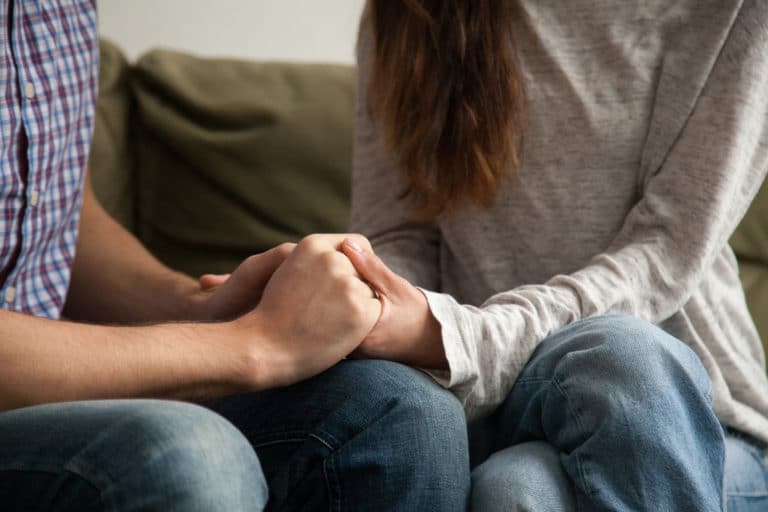If you have completed any form of inpatient or residential care, then you might wonder about the benefits of support groups as part of your aftercare. What is the purpose of support groups for addiction? How do they help? And are they really necessary?
What are Support Groups?
The purpose of support groups is to provide support, as the name suggests. Support groups can be helpful for those managing addiction, dealing with mental health issues like depression or anxiety, or searching for any form of help for long-term healing.
A support group is a meeting where members of the same group come together. A group is usually defined by the shared issues the members have. People struggling with long-term sobriety can meet in support groups that offer encouragement, comfort, and emotional support. When you are going through mental health issues or struggling with addiction, you might turn to friends or family members who try to sympathize but don’t necessarily know what to say to help you.
You might turn to a doctor, but doctors and other medical professionals typically focus on medical health alone, and they don’t offer much emotional support. However, support groups for addiction or mental health problems do.
A support group is a safe place where you can get constructive, helpful, and practical information to help you cope with whatever it is you are struggling with at that moment. You can hear real stories from people who have gone through similar challenges and recognize that you have not suffered in isolation.
What are the Benefits of Support Groups?
Support groups for addiction teach coping strategies.
When you step back into the world after undergoing inpatient or detoxification, you will face many challenging circumstances and need coping strategies. At a support group, you can learn strategies from people who have already been in your shoes, such as journaling, meditation, setting healthy boundaries. You can learn from people who have dealt with the same issues and potentially gain valuable skills that you might not have thought of.
Support for addiction helps you share experiences and grow.
So often, people who start along the journey to recovery never get a chance to share how they are feeling, what they are going through, or what they have done in the past. But a support group is a chance to share things that help ease your feeling of isolation or any emotional burden you might carry. When you hear other people share their stories, it can give you insight and teach you how to deal with similar situations.
Support groups for addiction center around self-care.
Support groups might give you better tactics for self-care. In order to truly recover, long-term, your recovery needs to focus on your mental, physical, emotional, and spiritual well-being. And this looks different for every individual. You can learn how to stay physically and mentally strong with good nutritional insight, how to manage your stress, how to take care of yourself, and how to put your needs first.
Support groups give you a sense of belonging and hope.
Support groups can boost your sense of belonging, showing you that you are not struggling in isolation. Support groups give you a sense of hope, a sense of community, and optimism, serving as an emotional resource to build your resiliency.
How are Support Groups Used in Rehab?
With outpatient treatment and support groups, you can get help coping with everyday problems as they arise, learn how to find the power inside to make good choices, and live a fulfilling life without drugs or alcohol.
Support groups are used in rehab in multiple ways. For drug and alcohol addiction, the twelve-step programs are most common. NA or AA Meetings help you work through 12 steps to recovery by attending self-help groups that are led by peers and people who have struggled with addiction themselves.
Mutual support groups can help you with certain conditions, particularly mood disorders or other mental health conditions. These types of groups can provide support for friends and family whose loved ones are struggling with things like addiction or mental health issues. Similarly, therapy groups are typically led by a professional rather than a peer, and they bring together people who are struggling with the same conditions. You might find that group therapy is an effective part of your ongoing aftercare program or is something you could do with your family so that they better understand your struggle with addiction and how to support you.
How to Find Support Groups That Fit My Needs
Ocean Coast offers aftercare and beyond, complete with support groups that fit your needs. At Ocean Coast, we understand that living a life of recovery can be difficult. Even if you have undergone detoxification in California and inpatient rehab in a protected space when you leave, there is a significant amount of work required of you to maintain that sobriety. With support groups, you can get help when you get bogged down by feelings of shame, when you struggle to find a job, when you relapse, or when you don’t know how to communicate your emotions effectively.
If you are ready to find support groups for addiction in your community, let Ocean Coast lend a hand.





